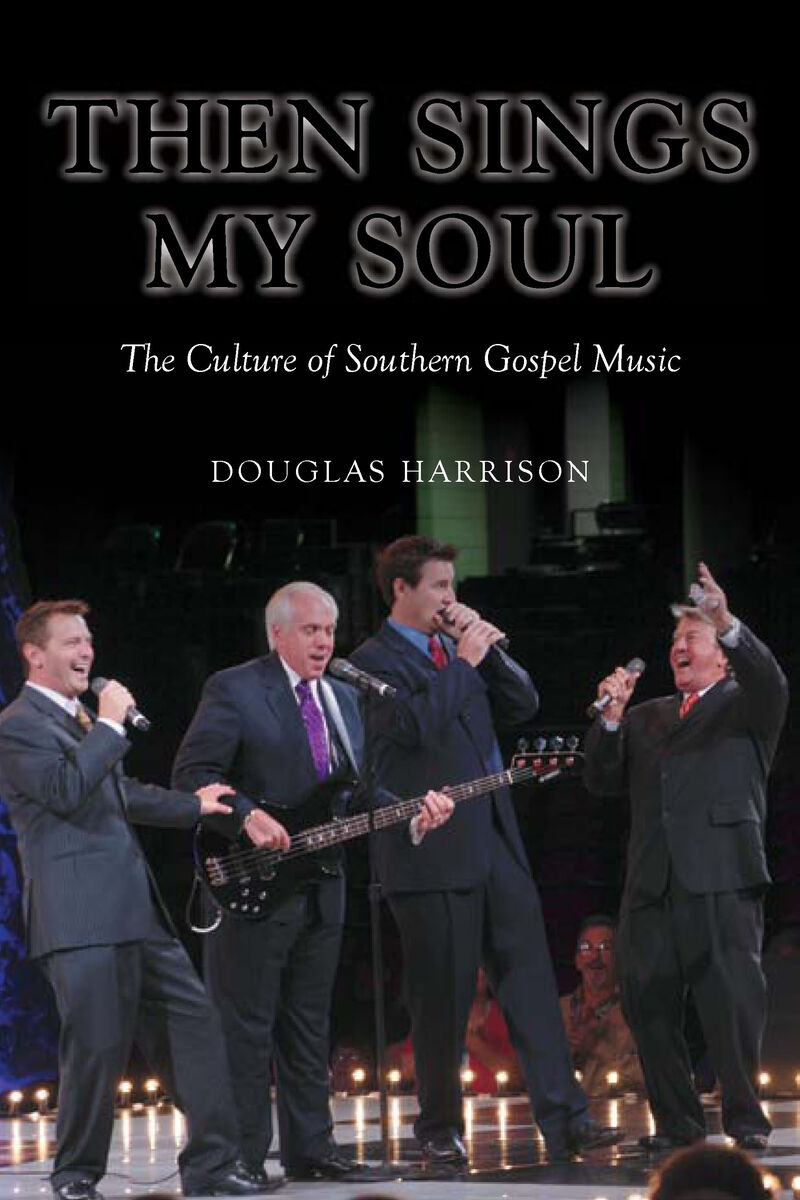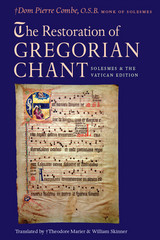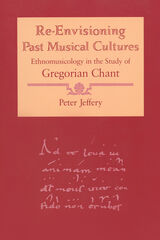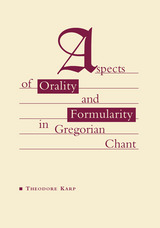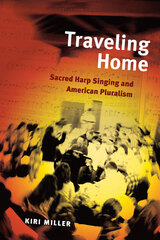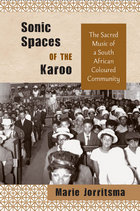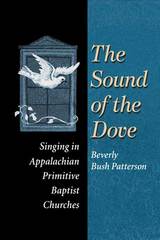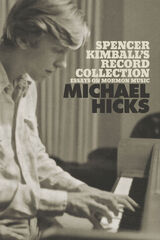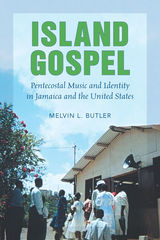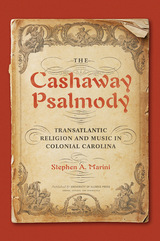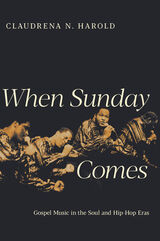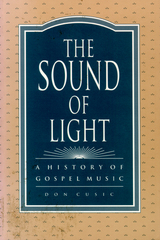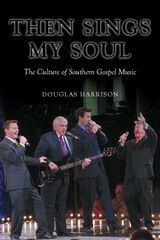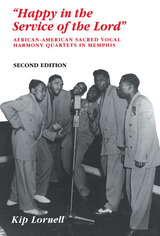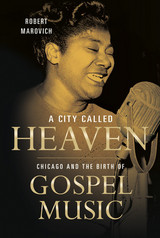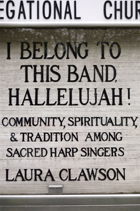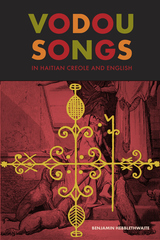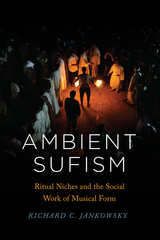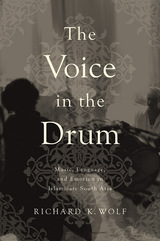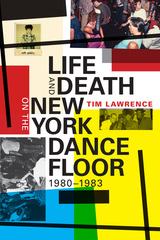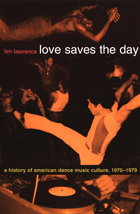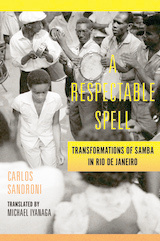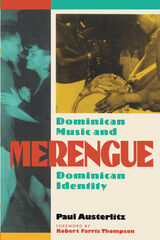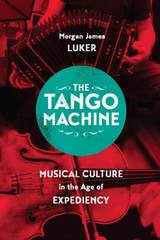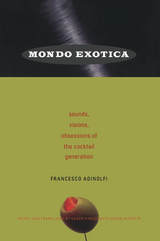Then Sings My Soul: The Culture of Southern Gospel Music
University of Illinois Press, 2012
Cloth: 978-0-252-03697-2 | Paper: 978-0-252-07857-6 | eISBN: 978-0-252-09409-5
Library of Congress Classification ML3187.H39 2012
Dewey Decimal Classification 782.25408909075
Cloth: 978-0-252-03697-2 | Paper: 978-0-252-07857-6 | eISBN: 978-0-252-09409-5
Library of Congress Classification ML3187.H39 2012
Dewey Decimal Classification 782.25408909075
ABOUT THIS BOOK | AUTHOR BIOGRAPHY | REVIEWS | TOC
ABOUT THIS BOOK
In this ambitious book on southern gospel music, Douglas Harrison reexamines the music's historical emergence and its function as a modern cultural phenomenon. Rather than a single rhetoric focusing on the afterlife as compensation for worldly sacrifice, Harrison presents southern gospel as a network of interconnected messages that evangelical Christians use to make individual sense of both Protestant theological doctrines and their own lived experiences. Harrison explores how listeners and consumers of southern gospel integrate its lyrics and music into their own religious experience, building up individual--and potentially subversive--meanings beneath a surface of evangelical consensus.
Reassessing the contributions of such figures as Aldine Kieffer, James D. Vaughan, and Bill and Gloria Gaither, Then Sings My Soul traces an alternative history of southern gospel in the twentieth century, one that emphasizes the music's interaction with broader shifts in American life beyond the narrow confines of southern gospel's borders. His discussion includes the "gay-gospel paradox"--the experience of non-heterosexuals in gospel music--as a cipher for fundamentalism's conflict with the postmodern world.
See other books on: Gospel | Gospel music | Popular culture | Religious | Southern States
See other titles from University of Illinois Press
